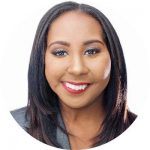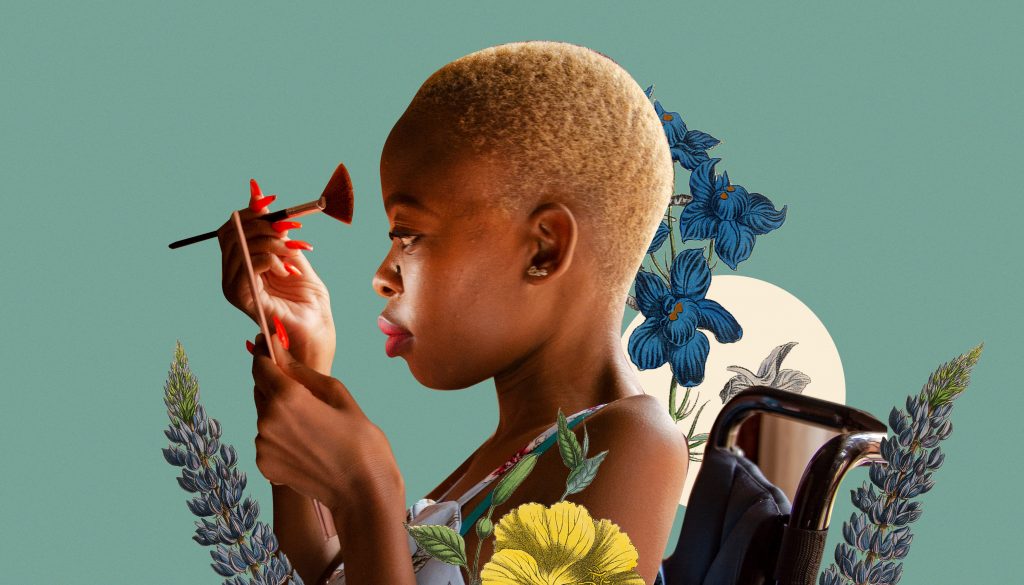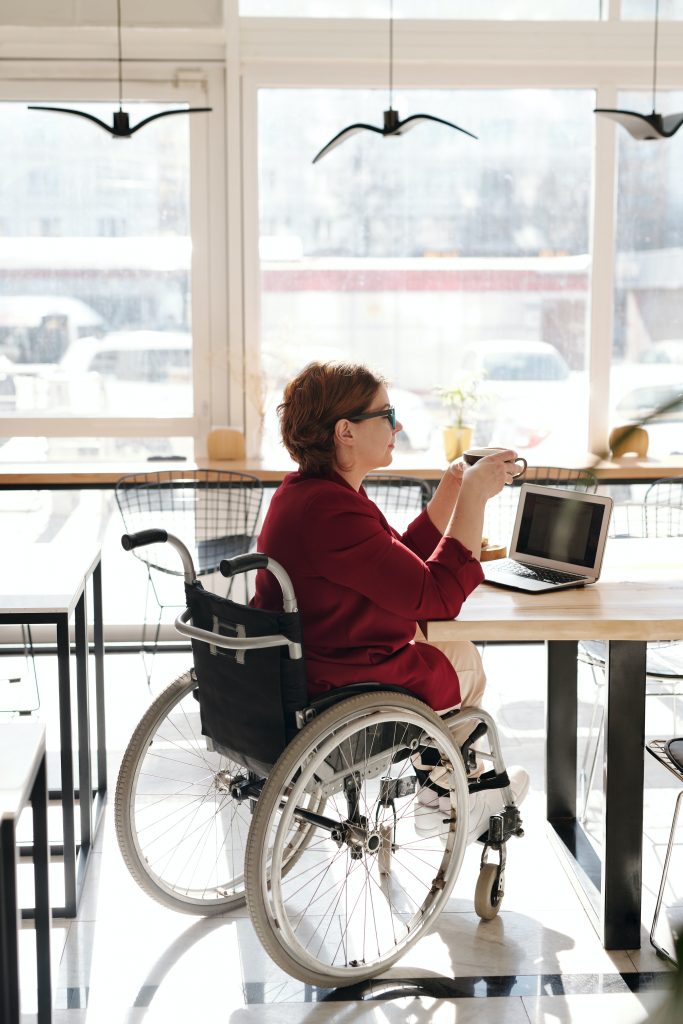Crossroads: Conversations about
Race, Gender & Disability

By Rasheera Dopson
Intersectionality: Race, Gender, & Disability
Disability will be seen as what she truly is: a beautifully complex public health concern impacting the lives of millions of people.
Rasheera Dopson Tweet

In winding down this summer session, after having many conversations surrounding so many relevant topics related to public health, it has been my most esteemed pleasure to unpack and cover subjects related to public health from an equitable and diverse lens: from having discussions surrounding intersectionality, to talking about the social determinants of health, to exploring the impact of structural racism on our present health care system, and to looking at the impact of social justice movement on black men’s health. The girth of the diversity of these subject areas has lit a path to where the future of public health lies. Nevertheless, it behooves me as a thought leader within the public health space to talk about one of the largest and most vulnerable community as we close out these conversations. Yes, that’s right, in this last discussion I want to bring to the surface: the Disability community.
Consisting of 61 million individuals, the disability community is the largest minority group that spans across all demographics. Disability is currently identified as the only minority identity that does not discriminate based on one’s race, gender, sexual orientation, citizenship status, or income level. Disability impacts us all. And with that impact being widespread, I am calling to the mat emerging leaders, researchers, practitioners, and policy makers to think more about this vulnerable population and how our interaction with this community should not only be a priority, but it should be a public health priority.
We’ve seen in the past year how more people are becoming engrafted into this community. The lasting effects of the COVID-19 pandemic have caused thousands in this country to take on an identity and medical label that they thought they would’ve never had to encounter. With various diagnoses of disabilities being on the rise—as our culture shifts the paradigm of diversity and inclusion to include disabled voices one question remains– what does that mean for public health practitioners? How should we approach the subject of disability?
For me it is simple: disability is one of those topics that falls within the intersection of health and social sciences. How the disability community is structured, supported, and even developed depends holistically on the delicate balance of medical intervention and societal inclusion. I believe we are coming into an age where disability will not only be a subbranch of medicine approached from a restrictive lens, but that disability will also be seen as what she truly is: a beautifully complex public health concern impacting the lives of millions of people.

Disability it is one of those topics that falls within the intersection of health and social sciences. How the disability community is structured, supported, and even developed depends holistically on the delicate balance of medical intervention and societal inclusion.
Rasheera Dopson Tweet
Like what you read?
More from Rasheera Dopson here.

